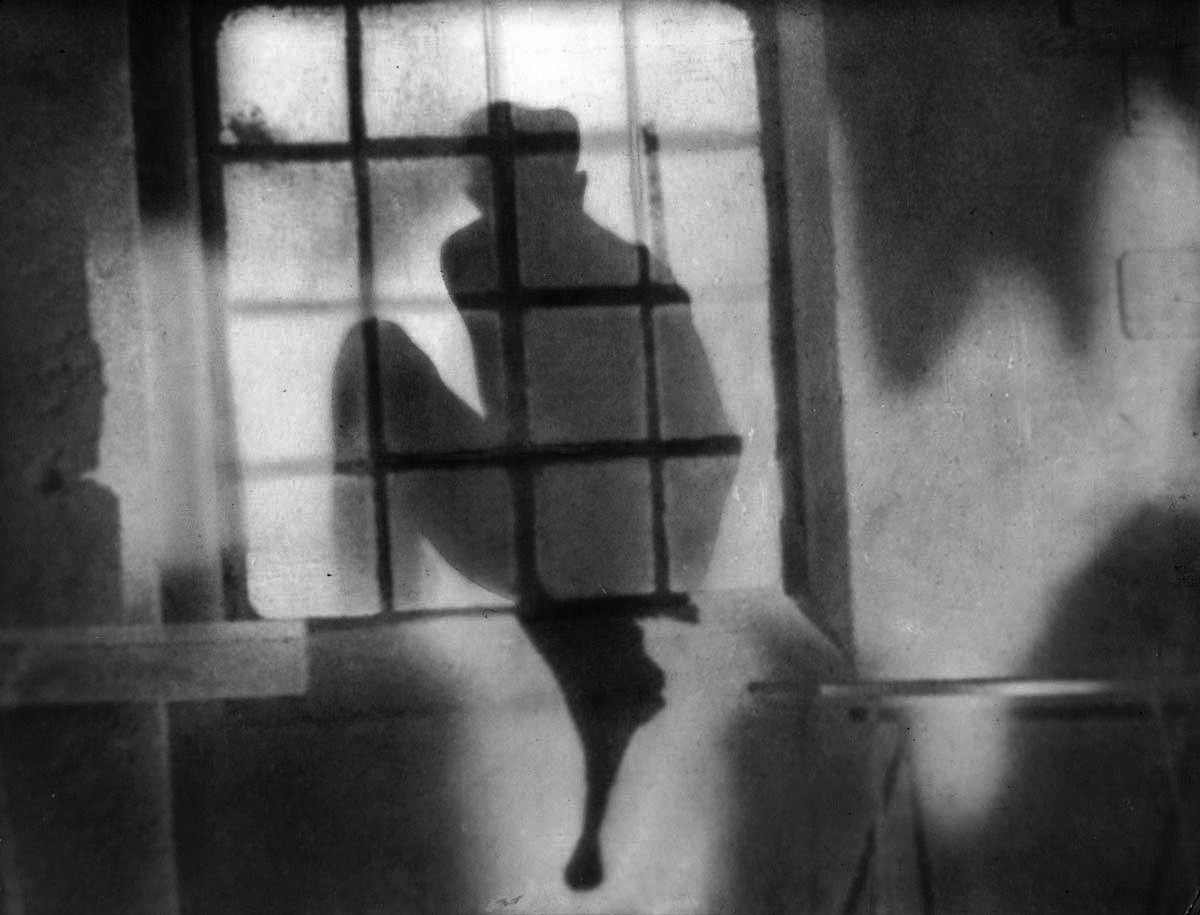A Japanese room might be likened to an inkwash painting, the paper-paneled shoji being the
expanse where the ink is thinnest, and the alcove where it is the darkest. Whenever I see the
alcove of a tastefully built Japanese room, I marvel at our comprehension of the secrets of
shadows, our sensitive use of shadow and light. For the beauty of the alcove is not the work of
some clever device. An empty space is marked off with plain wood and plain walls, so that the
light drawn into its forms dim shadows within emptiness. There is nothing more. And yet, when
we gaze into the darkness that gathers behind the crossbeam, around the flower vase, beneath the
shelves, though we know perfectly well it is mere shadow, we are overcome with the feeling that
in this small corner of the atmosphere there reigns complete and utter silence; that here in the
darkness immutable tranquility holds sway. The “mysterious Orient” of which Westerners speak
probably refers to the uncanny silence of these dark places. And even we as children would feel
an inexpressible chill as we peered into the depths of an alcove to which the sunlight had never
penetrated. Where lies the key to this mystery? Ultimately it is the magic of shadows. Were the
shadows to be banished from its corners, the alcove would in that instant revert to mere void.
This was the genius of our ancestors, that by cutting off the light from this empty space they
imparted to the world of shadows that formed there a quality of mystery and depth superior to
that of any wall painting or ornament. The technique seems simple, but was by no means so
simply achieved. We can imagine with little difficulty what extraordinary pains were taken with
each invisible detail—the placement of the window in the shelving recess, the depth of the
crossbeam, the height of the threshold. But for me the most exquisite touch is the pale white glow
of the shoji in the sturdy bay; I need only pause before it and I forget the passage of time.
The sturdy bay, as the name suggests, was originally a projecting window built to provide a place
for reading. Over the years it came to be regarded as no more than a source of light for the alcove;
but most often it serves not so much to illuminate the alcove as to soften the sidelong rays from
without, to filter them through paper panels. There is a cold and desolate tinge to the light by the
time it reaches these panels. The little sunlight from the garden that manages to make its way
beneath the eaves and through the corridors has by then lost its power to illuminate, seems
drained of the complexion of life. It can do no more than accentuate the whiteness of the paper. I
sometimes linger before these panels and study the surface of the paper, bright, but giving no
impression of brilliance.
In temple architecture the main room stands at a considerable distance from the garden; so dilute
is the light there that no matter what the season, on fair days or cloudy, morning, midday, or
evening, the pale, white glow scarcely varies. And the shadows at the interstices of the ribs seem
strangely immobile, as if dust collected in the corners had become a part of the paper itself. I
blink in uncertainty at this dreamlike luminescence, feeling as though some misty film were
blunting my vision. The light from the pale white paper, powerless to dispel the heavy darkness
of the alcove, is instead repelled by the darkness, creating a world of confusion where dark and
light are indistinguishable. Have not you yourselves sensed a difference in the light that suffuses
such a room, a rare tranquility not found in ordinary light? Have you never felt a sort of fear in
the face of the ageless, a fear that in that room you might lose all consciousness of the passage of
time, that untold years might pass and upon emerging you should find you had grown old and
gray?
From
In Praise of Shadows, by Tanizaki
.


